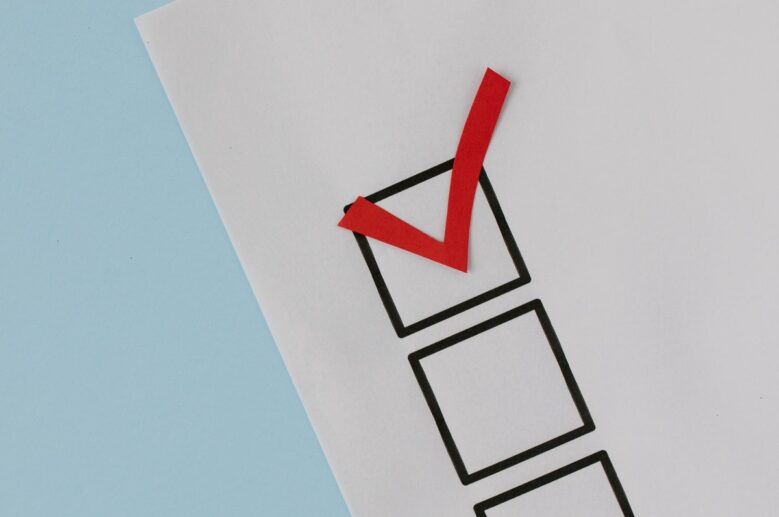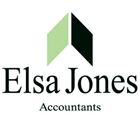Taking out cash for Directors vs Sole Traders

Every business owner needs to take cash out of the business at some point. But if you’ve just moved from being a sole trader to a limited company, you may get caught out by the different rules around withdrawing cash from the company.
Why are the rules different for directors and sole traders?
When you’re a sole trader, you and your business are one and the same legal entity. So taking cash out is a simple procedure. But as the director and shareholder of a limited company, you and your business are two separate entities – and that means that money in the business is no longer your personal money. It’s money that belongs to the limited company.
Do I need to keep my personal and business money separate?
Regardless of which way you operate, you should always have separate business and personal bank accounts. The business account should be used to deposit all funds from sales and other business income, and to pay for purchases and other business running costs.
As a sole trader, there’s no legal difference between your personal and business funds. The main reason for a separate personal bank account is to keep your personal expenses separate from your business expenses. So, rather than mixing up things like mortgage or house rental payments, groceries and household bills with your business expenses, you have two distinct accounts – one personal, one business.
If you need money for personal expenses, you just transfer it from the business account to your personal account – it’s all yours to do what you want with. Obviously, you need to leave enough in the kitty to pay suppliers when their bills become due. But, as a sole trader, there’s nothing to stop you draining the business account completely, if you want to.
How do I draw money out as a limited company director?
For a limited company, it’s a legal requirement to have a separate business bank account. Even if you own the company 100%, the money in the company bank account belongs to the company, it does not belong to you.
So, how do you take out money to live on?
There are four ways of taking money out of the limited company, and in each case you should do it by transferring funds from the company account to your personal account. Preferably you should make these separate transfers, even if they happen on the same day.
- Claiming back your expenses – any business expenses that you’ve paid personally can be reclaimed. Your expense claim should include receipts or other documentation, and a description of what they were for.
- Being paid a salary – you can opt to be paid a salary for your role. This salary is processed through your payroll system, with any PAYE and NI deducted. The net pay due should be transferred to you on the normal company payday.
- Withdrawing a dividend – where there are sufficient after-tax profits available in the company, you can withdraw dividends. Paying yourself and your fellow directors a dividend requires some formalities, including board minutes and dividend vouchers.
- Directors’ loans and repayments – if you’ve previously loaned money to the company, the loan can be repaid to you. Where nothing is due, the company can lend you money but there may be interest charged (or a taxable benefit may arise if no interest is paid). The company may also be liable for a 33.75% temporary tax charge (section 455 charge) if the loan is not repaid by the end of your company’s financial year.
Talk to us about taking out cash as a director
Withdrawing funds from your company for personal use takes some serious thought and planning. If not, you may well end up with an unintended overdrawn director’s loan account.
It’s important to remember that the company’s funds are not yours in the same way that a sole trader owns the funds in their business account. Getting professional advice as a director is the best way to manage your cash withdrawals from the business.
We’ll work with you to:
- Decide the best split between salaries and dividends
- Help with any board minutes and other documentation
- Help ensure that your company’s bookkeeping records accurately and timeously reflect the movement of funds between you and the company.
Get in touch to talk about your cash requirements.
